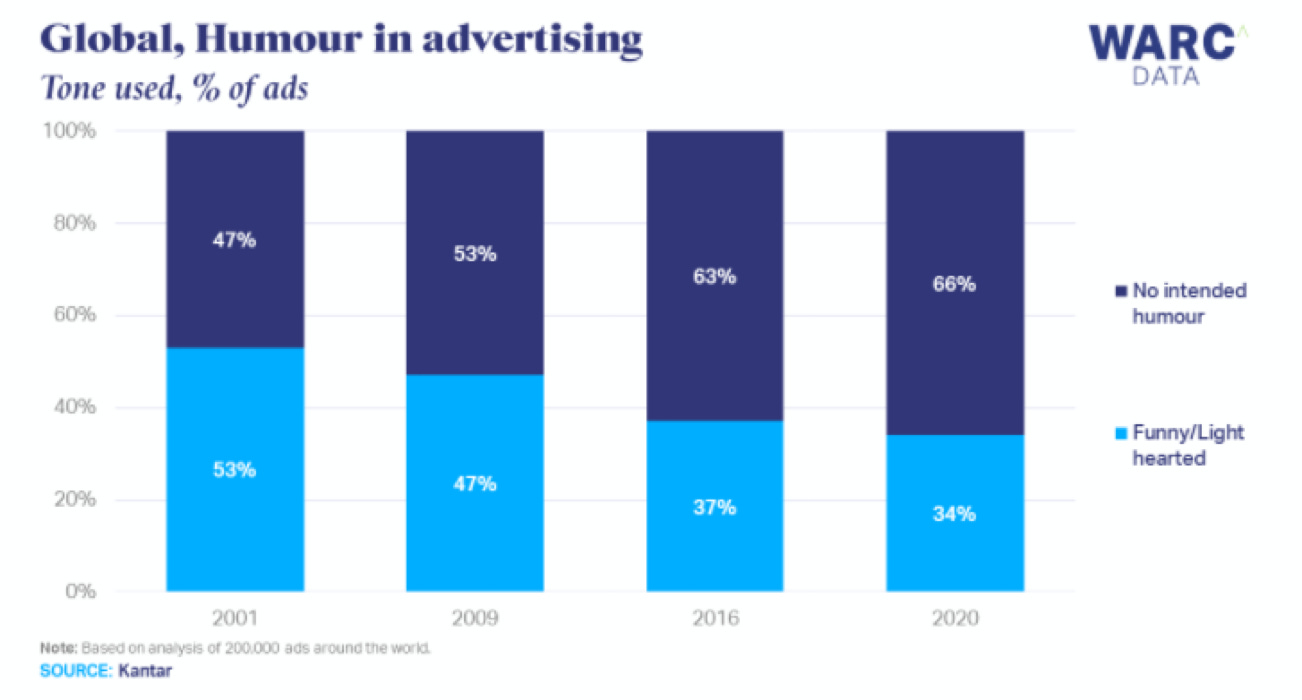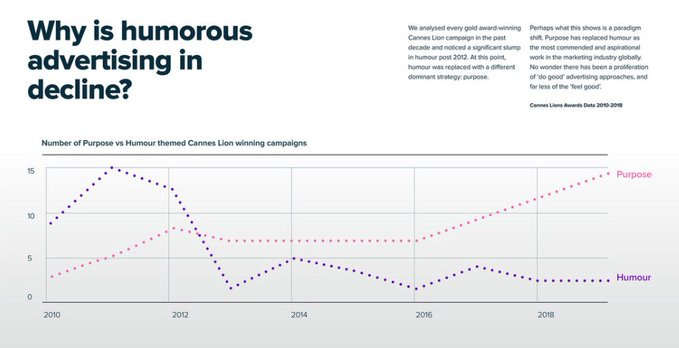Boycotts are back, pt2; Engagement v Appeasement; Simon v Seb, via Syed; What's in a gamer's head; The short road to Dubai; Betting on profits; The audio rights category explained; Barstool v Insider
The newsletter of the podcast
Behind the hotseat
Mia Stellberg is an esports psychologist (me neither).
Her record is stellar; her teams win the big ones.
And it was a treat to talk about the actual gamers themselves rather than the usual abstraction of the business of esports.
The most valuable skillsets, being 18 vs being 23, perverse incentives, how the tropes of sports psychology apply to gaming, why gamers fade away, the journey from hobbyist to pro, the streaming economy, it’s all there.
My favourite bit is at 18m 31s, where she role plays the pressure of high end competition.
I came away thinking that 1) Competitive gaming is a bit like working on a financial trading desk mixed with ‘chess at warp speed’ and 2) if (when?) I get to the final of The International, I’d employ a trick cyclist too.
Hear Mia Stellberg here, UP #211
Boycotts are back, pt 2
Working theory: sport - or the people who sell it - routinely over claim it’s power to make change, however this is defined.
They do this for several reasons, from the very laudable through to simple self-aggrandisement and commercial gain.
Olympic boycotts are the most extreme Power of Sport over claim: The US boycott of Moscow in 1980 didn’t bring down the Berlin Wall; The 2008 Beijing Olympics didn’t bring China in to the global fold of liberal democracies.
I’m going to offer a bet that the 2022 World Cup in Qatar won’t change life for Qataris or the immigrant working population within the country.
By contrast, the creation of BeIN Sport and the PSG project has made a small number of people in the sports industry very rich.
We’re left with the hard question: When does engagement become appeasement?
See previous UP Newsletter:
Who’s being isolated here? Western trade embargoes are a huge risk given the centrality of China’s economic power. The Economist suggests it is the major goods trading partner of 64 countries around the world, compared to just 38 for America. By attempting to isolate China, America and Europe risk alienating themselves.
Business will continue whether the 2022 Olympics happen or not. When it comes to difficult regimes, big business is amoral. Despite the current regime’s actions, this year has seen famous Western companies continue to pile in to China, which has attracted $163billion of new multinational investment in just this past year, more inward money flows than any other country.
Sport is a global business (obvs) and so is also amoral. But it also claims a higher moral purpose, which paradoxically, it trades on for commercial return. This leaves it more vulnerable to accusations of hypocrisy.
How to punish China’s government not China’s people. President Xi and the China Communist Party is the problem, not the people of China. But how do you hurt one and not the other?
Seb Coe v Steve Simon, via Matthew Syed
Seb Coe went on the Today Programme and spoke pure sports politics.
Matthew Syed weighed in, suggesting the interview caused him to 180, from anti to pro Olympic boycotts:
Yet it was his talk about the importance of “bilaterals” that represented the most risible intervention of all. His point was that if our politicians and diplomats attended Beijing, far from bolstering the regime it would afford the opportunity to engage in “one on one” conversations with CCP officials on the periphery of the festivities. He talked about quiet diplomacy. Here, I had to pause the interview to ponder. Was Coe being disingenuous? Or merely naive?
When it comes to sports business issues, my tendency is to listen to Syed and assume he’s wrong.
So, I’m in a dilemma: How do I argue for Coe?
This leads me to thinking something that doesn’t reflect well on me: Steve Simon, and more specifically Steve Simon’s future career prospects v the WTA’s future prosperity.
I’d not heard of Steve Simon before last week.
Now he’s now one of the most respected sports execs in the world.
His stock has risen by dint of him showing the strength of character to take on China - the Anti-Coe.
Simon will be welcomed by the leadership industry as one of their own, appearing in a Harvard Business School lecture hall this time next year.
But what happens, not to China, but to the ten year financial outlook of the WTA?
Has this week made the WTA stronger or weaker?
Who has done better by the sport in their charge, Steve Simon or Seb Coe and the countless others who kept quiet on Peng Shuai and would use the ‘bilateral, quite diplomacy’ excuse?
Further reading:
Purges, a plot and the real reason why Xi Jinping might be afraid to leave China.
See also:
Payne’s World
My view is that the detainment of journalists by horrible regimes is not a PR thing. It’s a thing.


See also: Is Beckham skint? (Probably not, but why is he backing Qatar?)
The Short and Extremely Silly Road to Dubai
What happened: Collin Morikawa won the European Tour’s season long money list.
The problem: he only played in three European Tour events.


The money earned by winning The Open and a WCG event skews the tour’s money list to absurdity.
If you wanted to encourage a Saudi-backed Premier League of golf type disruptor, this is how you’d do it: sleep walk in to undermining the integrity of your own product.
Build: Marketing conceits v Genuine narrative
The Road to Dubai is high on my list of ‘things about which I don’t give a toss’ (TAWIDGAT).
See also: world rankings in football, rugby, cricket.
Every sport has its own specific narrative.
Fans know who the best players of the year are, they’re the ones who won the things that matter when they mattered.
In golf that’s the Majors - and for the record, Collin Morikawa is almost certainly the best golfer of the past year.
While we’re at it: What would an honest money list look like?
The money list should show appearance fees.
Appearance money distorts the basic question of which events matter and which don’t. The public is cheated because player itineraries mask the real picture.
Betting brands better bet on profit, and soon
In gold rush news, the markets turned on gambling firms this week.
Big dips in share prices across all the big bookie brands.
Why? Below the hoopla, they aren’t making much money.
Penn National Gaming and DraftKings are both down more than 50% from their highs, and sports betting stocks across the board are under pressure.
UBS recently downgraded DraftKings because it likely won’t turn a profit until 2024.
In Q3 alone, DraftKings posted a net loss of $546 million.
Through nine months of the year, the company made a net loss of $1.19 billion.
FanDuel expects a MINUS $360 million EBITDA in FY21.
BetMGM is burning close to $100 million a quarter.
The middlemen are not faring much better, with greater focus on the business model that sees them buying up expensive data feeds from rights holders and selling them on to the bookies.
Under the spotlight is Genius Sports’ NFL deal, which was valued close to $100million earlier this year.
This led to Analyst Question of the Week came from Oppenheimer’s Jed Kelly to Genius Sports CEO Mark Locke:
“Can you talk about the profitability of the NFL deal, that is what investors are most interested in.”
The answer was a bit of a hedge:
Genius said the deal would be cash break-even for 2021, i.e. excluding the equity given to the NFL. The partnership is expected to be cash-positive in 2022 and profitable over its six-year span.
However, the provider also said it was impossible to say exactly how much it would earn from the NFL deal because it packaged those rights up with other data feeds and services.
More here: When do US sports books need to show a profit?
See also:
Dave Portnoy, Henry Blodget, Barstool and Penn National Gaming’s earnings call
A juicy story that bounces off the betting gold rush financials outlined above.
Dave Portnoy, founder of Barstool, is fighting for his reputation after an investigation by Business Insider in to alleged sexual misconduct allegations.
Pull quote:
The article had been published on the same day that Penn National Gaming, the casino company that had acquired Barstool, reported disappointing quarterly earnings. The company’s stock took a nosedive before tanking even more after the allegations were published, ending the day down more than 20 percent. Portnoy retweeted screenshots that claimed to show heavy trading against Penn’s stock the day before, and he suggested that someone had tipped off investors. His prime suspect: Henry Blodget, the CEO of Insider, who had been permanently banned from the securities industry after settling a case over securities fraud. Portnoy suspected that some of Blodget’s powerful friends might be out to get him — perhaps one of Portnoy’s perceived enemies from his role in the GameStop meme-stock saga. “I feel like I’m in a movie,” Portnoy said. “I don’t know what to believe.”
Two graphs, no laughing matter
Purpose kills the funny. See also, ‘inspiring’ sports marketing campaigns and the award juries who incentivise them.
America’s got more streaming channels than people who can quote The Office, and that’s a lot of people
The problem, articulated. (Yes, I know it’s a few months old)
Listen, that’s the sound of sport’s next big rights category
VoiceWorks’ Sophie Hind on the audio opportunity.
In the US alone there are 320m hours of podcasts consumed each week - 121m of those hours are listens to sport podcasts. Brands are starting to really understand the value of the engaged podcast listener.
92% of podcast listening is done solo, with listen through rates averaging around 78% that’s a good 30+ minutes of content being consumed in most cases vs. a 1 min video on social.
The sports biz, aka Apple World
A snippet from UP’s listening data.










